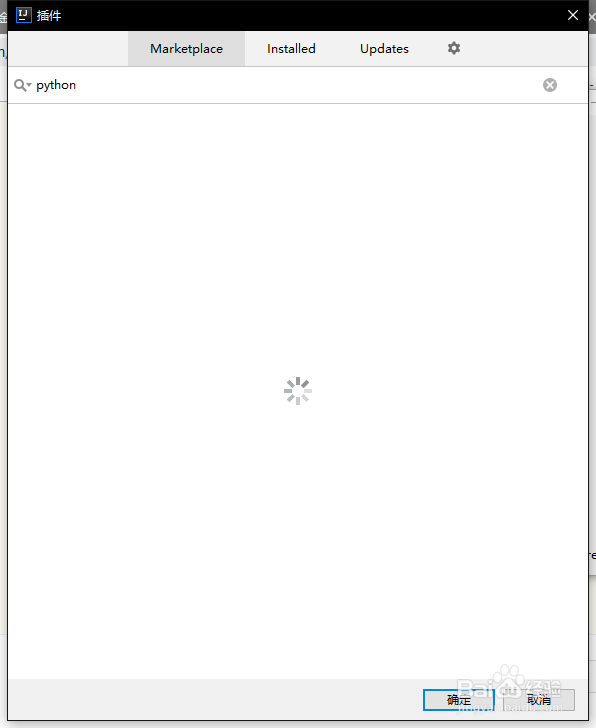

To speed up the deployment process, I encourage you to add a keyboard shortcut for that kind of operation. After this, IDEA uploads your project (or selected files) to that server, regarding the directory mappings you configured beforehand. Selecting Tools → Deployment → Upload to will open up a small dialog which allows you to select the deployment server. You do not need to fill out the web path, unless you are programming a web-based solution and require a web deployment as well. In this example, IDEA would deploy the files to folder /home/pi/python/remote-sdk. Please note that while the local path is absolute, the deployment is relative to the path you specified as Root Path in the Connection tab. The local path to your project is already filled in. Test the connection before applying your changes to the configuration. Give the server a name and select SFTP as connection type.įill in the connection details (as done before) in tab Connection.Add a server by clicking on the green '+' in the top-left corner.Select Tools from the menu, followed by Deployment and Configuration.IDEA will do the necessary setup for you.Ĭonfiguring the remote deployment to the Pi for your project to verify that the configuration is working. You might end up with something similar to the following screenshot (depending on your authentication mechanism).Ĭlick on Test connection. This will open the Configure Remote Python Interpreter dialog. Doing so will yield further choices: Select Remote. Click on Add New SDK and select Python SDK.If you opened an existing project, select Project Settings followed by SDKs to open up the Configure SDK dialog as well. If you created a new Python project, IDEA will ask you to select an existing Python SDK or configure a new one. You need to create a new or open an existing Python project for that. I assume that your Pi is connected to your local network. Once IDEA completed that task, hit apply and close the Settings dialog. The Python plugin will be downloaded and installed without further user interaction.

#Intellij idea python download
#Intellij idea python full
Turns out that IDEA is able to fulfill both requirements to full extent, easing Python development for the Pi tremendously. Easy deployment to the Pi would be a benefit, but not necessarily a must-have, since I could live with a simple scp-based solution that copies over project files recursively. I needed a way to write my Python scripts on my development machine, while programming against the Python SDK on the Pi (with all its installed libraries like RPi.GPIO and pygame) remotely. Programming directly on the Raspberry Pi using an IDE can be quite cumbersome, since modern IDEs run abysmally due to the CPU and memory limitations of the Pi and unless your a vi guru, you won't have fun with that editor either. The IDE is not only suitable for Java development, but for Python projects as well and I would like to use it when developing Python scripts that ought to run on my Raspberry Pi.

I switched from various Eclipse flavours (vanilla, CDT) to IntelliJ IDEA Ultimate Edition almost a year ago and never looked back.


 0 kommentar(er)
0 kommentar(er)
